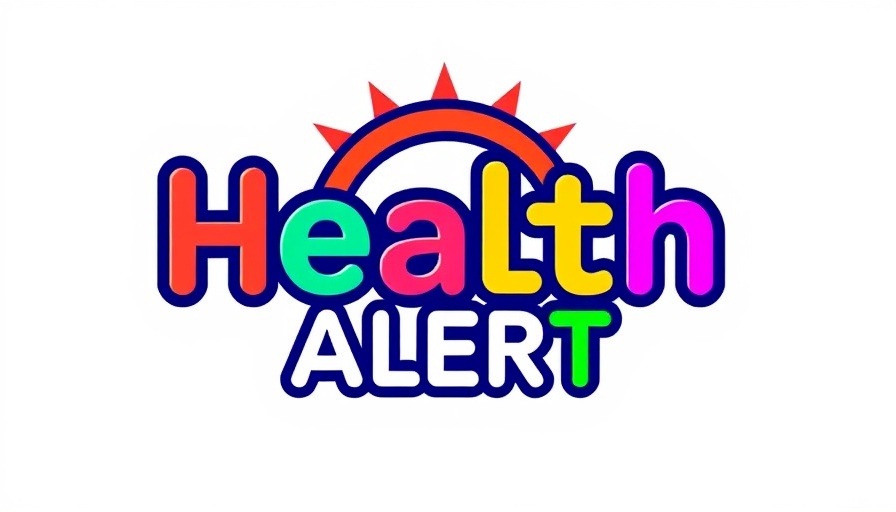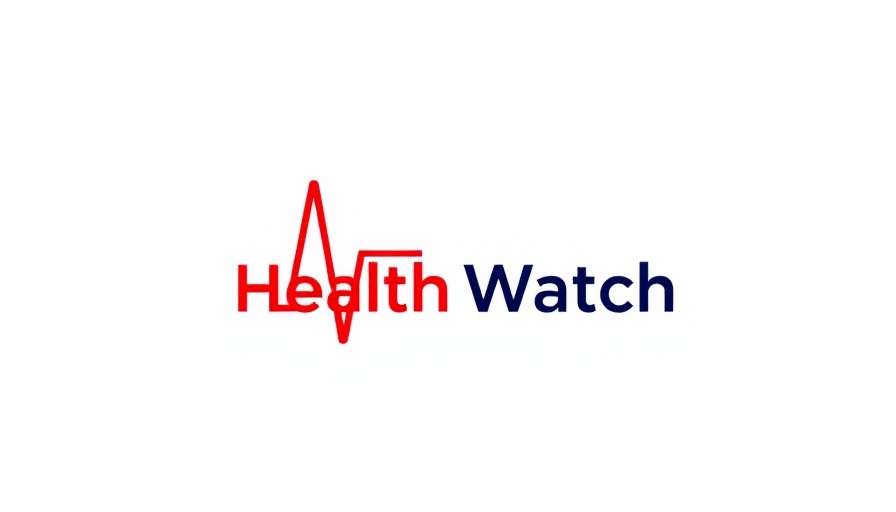
The Rising Threat of Measles: A Wake-Up Call for Vaccination
Recent studies predict that the U.S. may face a staggering increase in measles cases over the next 25 years if childhood vaccination rates continue to decline. This alarming potential projection calls for immediate attention to the vital role vaccinations play in safeguarding public health.
Understanding the Root Causes of Vaccine Hesitancy
Vaccine hesitancy is not a new phenomenon; it has roots in misinformation, fear, and distrust of healthcare systems. The rise of social media has only amplified these sentiments by facilitating the rapid spread of false information about vaccine safety. Parents may be swayed by anecdotal reports on social platforms rather than relying on scientific evidence. Addressing these concerns with factual data and fostering open communication between healthcare professionals and families is crucial to restoring trust in vaccines.
Historical Context: When Measles Was Commonplace
Historically, measles was a common childhood illness in the U.S. before the introduction of the measles vaccine in the 1960s. According to the CDC, prior to widespread vaccination, millions of cases were reported each year, leading to fatalities and long-term health complications. The introduction of the MMR (measles, mumps, rubella) vaccine drastically reduced these numbers, exemplifying how effective immunization can be. This history underscores the importance of maintaining high vaccination rates to prevent the resurgence of measles.
Countering Misinformation: A Collective Responsibility
To combat vaccine hesitancy, there needs to be a concerted effort from all stakeholders—healthcare providers, educators, and policymakers. Public health campaigns should focus on myth-busting and delivering clear, transparent messages about vaccine safety and efficacy. Parents need to feel empowered with knowledge and assurance that vaccines are critical to their children’s health. Vaccination is not just an individual choice but a collective responsibility that protects entire communities.
Predictions for the Future: What Happens If Vaccination Rates Drop?
If current vaccination trends continue, experts predict that millions of additional measles cases could emerge by 2045. The implications of such an increase are far-reaching, potentially straining healthcare systems, reviving public health emergencies, and inciting fear among families. An uptick in measles cases also has the potential to affect herd immunity, making even vaccinated individuals more susceptible to outbreaks if outbreaks occur.
Final Thoughts: Act Now to Protect Our Future
As we consider the future, everyone must recognize that vaccination is essential not just for individual health but for the well-being of society as a whole. Communities thrive when herd immunity is achieved, safeguarding those who cannot be vaccinated due to medical reasons. By boosting vaccination rates, we can avert a public health crisis and ensure that our children—and the generations to come—are protected against preventable diseases like measles.
 Add Row
Add Row  Add
Add 




Write A Comment